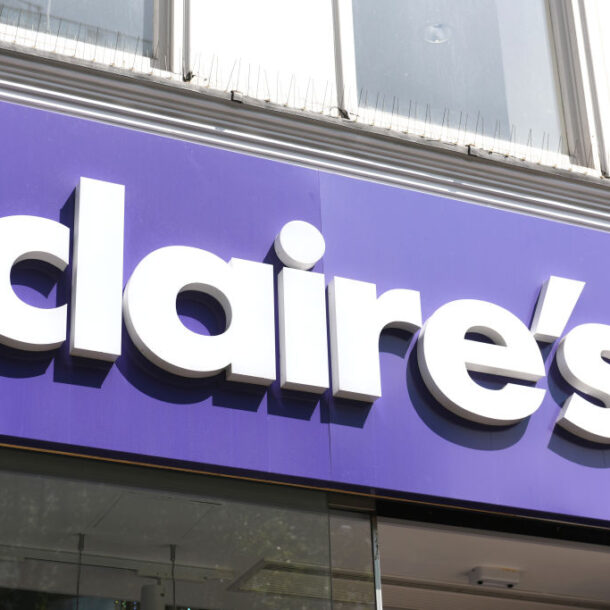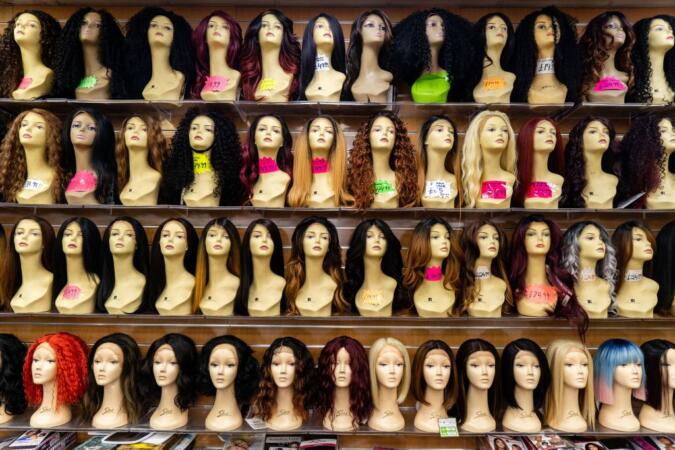
Stay
UpdateD
Join the BPC
Email List
Stay up to date on exciting projects and upcoming events from the Black Promoters Collective.

As tariffs continue reshaping trade, for many Black beauty professionals, the fight isn’t just about keeping their shelves stocked or chairs filled. It’s about sustaining community businesses that have long served as cultural cornerstones. The impact of tariffs on Black-owned beauty businesses has caused many of them to suffer.
President Donald Trump wasted no time after beginning his second term to increase tariffs on U.S. imports, which caused retaliation from those who’ve had a long-standing trade relationship with America. In February, the administration implemented 25% tariffs on goods from Mexico and Canada and 10% tariffs on Chinese imports. Furthermore, a deal was made with Vietnam that imposes a 20% tariff on goods and a 40% “transshipping” tariff in July, as detailed by CNBC. The levy hikes have left various industries facing financial difficulties, making it hard to stay afloat.
Black entrepreneurs in the beauty industry, especially in haircare, have been heavily affected by the tax increase on imports from China, which has risen twice just this year. Despite African Americans spending billions each year on beauty products, business owners continue to face a deficit because Asian distributors have dominated the space for decades, as the products they import are essential for beauticians and beauty supply owners to succeed, according to Word In Black.
Many Americans have been getting laid off, struggling to find employment, and have been forced to adapt their lifestyles due to economic changes. The Root reported that 300,000 Black women have been pushed out of their jobs so far this year. Hair stylists are seeing a decline in clientele due to the cost of hair maintenance, per Reuters.
“I understand that tariffs are designed to protect U.S. businesses, and that’s important,” Georgia cosmetologist Dajiah Blackshear‑Calloway told the outlet. “But when you start creating policies like this, and you’re not consulting with professionals in the beauty industry, especially Black professionals, it creates a gap.”
“We’re being impacted at every level,” Blackshear-Calloway said. “I’m either having to eat that cost or pass that expense along to my clients, which affects their budgets and their pockets as well.”
Additionally, the Black-owned and operated extension shops and beauty supply stores have also struggled to keep their doors open. Kadidja Dosso, owner of Dosso Beauty and The Dosso Hair Salon in Philadelphia, told Reuters she’s dealing with slowed shipments and tighter customs checks.
“We have to provide more specifics of the products — exact materials, the product use — for it to clear customs,” she said. “Part of the issue was that the same language that we’ve been using for years wasn’t descriptive enough.”
Sina Golara, an assistant professor of supply chains and operations management at Georgia State University, said, “When you raise the cost like this, it’s a tax that you’re imposing on business, and in some cases, it could be borne by the foreign manufacturer, but in most cases it will also have quite substantial impacts on the domestic buyers and consumers.”
“I think that people are having a really hard time right now financially. And so, it makes it difficult for them,” Dosso added.
Stay up to date on exciting projects and upcoming events from the Black Promoters Collective.

©2025 Black Promoters Collective (BPC) All Rights Reserved.